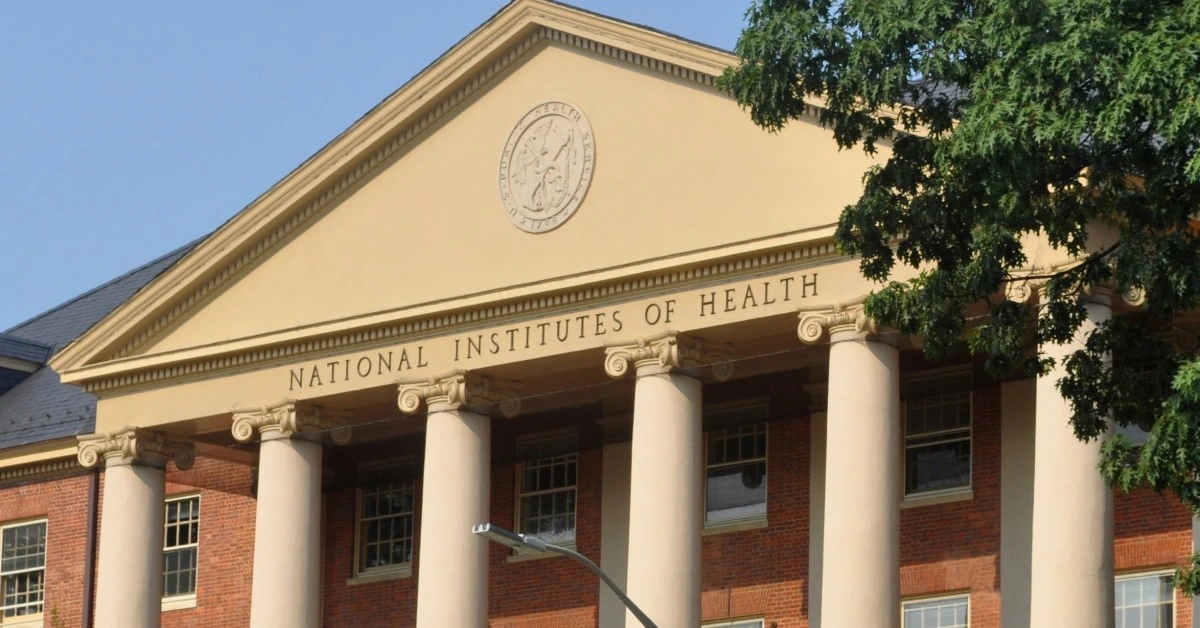
USA – A federal judge has extended a nationwide block on the Trump administration’s plan to reduce indirect cost payments for medical research funded by the National Institutes of Health (NIH).
The decision prevents the policy from taking effect while legal challenges continue.
What’s at stake?
The dispute involves “indirect costs”, which cover administrative expenses, facility maintenance, and other essential support for research institutions receiving NIH grants.
These costs currently range from 27% to over 60% of a grant’s total funding. However, on February 7, the NIH announced it would impose a standard 15% indirect cost rate starting February 10.
This move triggered lawsuits from leading universities, medical associations, and 22 state attorneys general, who argued that the cuts were unlawful and harmful to medical research and patient care.
Judge’s ruling
U.S. District Judge Angel Kelley issued a preliminary injunction, a stronger measure than the temporary restraining order she previously granted. This injunction halts the funding cuts nationwide while the case proceeds.
Judge Kelley emphasized the severe impact of the policy, writing, “It risks halting life-saving clinical trials, disrupting the development of innovative medical research, and shuttering research facilities, without regard for current patient care.”
She also stated that the plaintiffs had a strong case, calling the NIH policy “arbitrary and capricious” with the potential for irreparable harm.
The bigger picture
The Trump administration argues that the NIH must carefully manage taxpayer dollars, noting that of the US $35 billion spent on grants in fiscal year 2023, US $9 billion went to indirect costs.
“NIH is obligated to ensure taxpayer dollars are used in ways that benefit the American people,” the agency stated.
The battle over indirect costs is part of a broader effort by the Trump administration to cut federal spending, affecting scientific funding and research programs.
The biopharmaceutical industry is watching closely as the administration’s policies threaten funding stability, ongoing projects, and jobs at the NIH and FDA.
XRP HEALTHCARE L.L.C | License Number: 2312867.01 | Dubai | © Copyright 2025 | All Rights Reserved